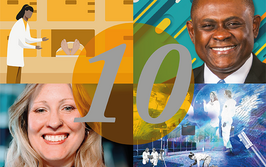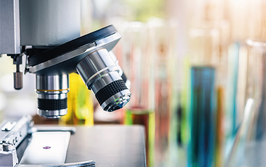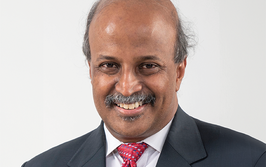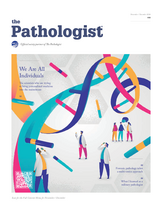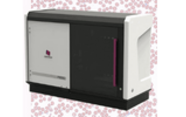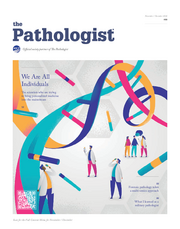Aleš Ryška
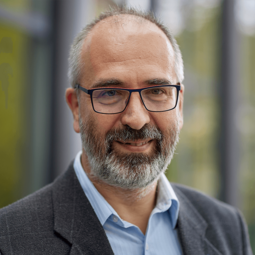
My path to pathology started by chance. I had gone to convince my pathology teacher to help me with a student project. To my surprise, he suggested I volunteer in his department performing fine needle aspiration cytology. By then I was planning my medical career in surgery, but I knew that real pathology was quite different from the “Robbins pathology” we were learning. Years later, I have had the privilege of meeting many outstanding diagnosticians and scientists who have helped me navigate through the vast ocean of our field. Recently, I have been fascinated by the change in the status of pathology among other disciplines; we are now a true cornerstone of the diagnostic process and pathologists have a key position at every multidisciplinary team meeting. With so many methods at our disposal, we can touch the roots of most diseases and uncover their mechanisms. And it’s not just out of curiosity – though every pathologist is curious (it’s our nature!) – it’s because our understanding helps patients. However, to be perfectly honest, the latest developments in science evoke somewhat mixed feelings in me. The concept of personalized medicine is exciting, very promising, and demonstrably effective. Yet, if we take off the rose-tinted glasses and look at medicine from a global perspective, it is questionable how sustainable it is for certain regions of the world. Secondly, the hype around AI in various areas of our lives has raised huge expectations among pathologists. Will we finally get rid of counting mitoses, assessing hormone receptor expression, and even scratching our heads in recognizing unusual lesions? Or should we be more skeptical so as not to overestimate benefits or overlook drawbacks to our field? Will tomorrow’s graduates choose pathology if they expect it to be replaced by computers in a few years? I am really curious to see what the future will show us – it is certain to be exciting.



